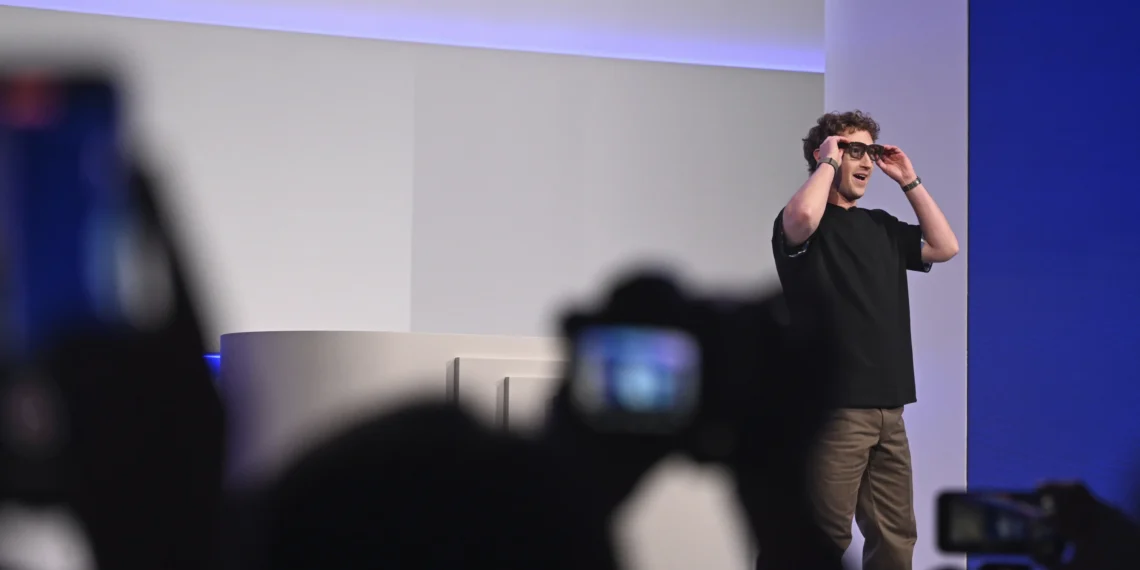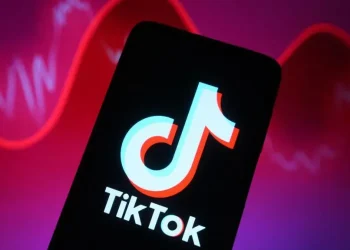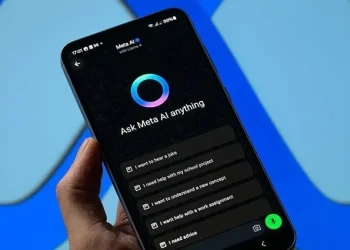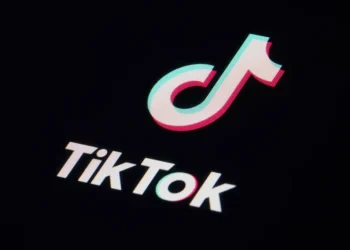Meta Launches AI-Powered Smart Glasses With Display and Neural Wristband
Published Time: 09-18-2025, 16:40 EDT
Meta unveiled a new generation of smart glasses at its annual Connect event in Menlo Park, California, introducing advanced wearable technology powered by artificial intelligence. The flagship device, equipped with a miniature display and neural wristband, represents CEO Mark Zuckerberg’s vision of moving beyond traditional keyboards, screens, and controllers toward more natural human-computer interaction.
The launch highlights Meta’s continued investment in AI-driven hardware as it competes with other tech companies to shape the next era of personal computing.
A New Era of AI-Powered Glasses
The new Meta Ray-Ban Display, priced at $799, will be available beginning September 30. Zuckerberg described the glasses as a step forward in wearable AI, enabling users to control functions with “barely perceptible movements” of their wrist through a neural interface.
“Glasses are the only form factor where you can let AI see what you see, hear what you hear, and eventually generate what you want to generate,” Zuckerberg said at the event.
The device is designed to integrate seamlessly into daily life, offering features such as image and video generation, contextual AI assistance, and hands-free control.
Analyst Perspectives
Industry experts have drawn comparisons between Meta’s announcement and the debut of the Apple Watch, suggesting the device could be positioned as a smartphone alternative.
Mike Proulx, research director at Forrester, said the glasses may appeal to consumers seeking convenience without the bulk of virtual reality headsets.
“Unlike VR headsets, glasses are an everyday, non-cumbersome form factor,” Proulx explained. “But Meta must convince consumers that the benefits outweigh the cost.”
He added that the product’s potential lies in its ability to deliver utility while competing for mass-market adoption.
Improvements to Existing Models
Meta also updated its display-free Ray-Ban glasses, enhancing battery life to eight hours under typical use—nearly double the previous version. The new model, priced at $379, includes additional features such as:
- Conversation focus, a tool that amplifies the voice of the person the wearer is speaking to while reducing background noise.
- Expanded live translation capabilities, now including German and Portuguese.
The previous version of the Ray-Ban glasses is now priced at $299 and will also receive some of the software upgrades.
Sports-Focused Wearables
Meta broadened its lineup with the introduction of the Oakley Meta Vanguard, a set of AI-powered glasses designed specifically for athletes. These glasses, retailing at $499 and available October 21, integrate with Garmin devices to track workouts and deliver real-time data such as heart rate, speed, and elevation.
For example, users can ask: “Hey Meta, what’s my heart rate?” and receive an instant voice response. The glasses also auto-capture video clips during milestone achievements, such as sprint intervals or increased elevation gains.
Meta did not disclose sales figures for its glasses but indicated demand has exceeded expectations.
Long-Term Vision: Beyond the Smartphone
For over a decade, Meta has pursued the idea of blending physical and digital experiences through wearables, beginning with its Oculus headsets and broader Metaverse initiatives.
Thomas Husson, analyst at Forrester, noted that the latest announcement reflects growing momentum.
“After many false starts, the momentum to move beyond an early adopter niche is now,” Husson said.
Meta also teased the development of Orion, a prototype for holographic augmented reality glasses described by Zuckerberg as “the most advanced glasses the world has ever seen.” However, this model remains years from commercialization.
Meta’s Push Into AI Superintelligence
Like its competitors, Meta is investing heavily in AI research and talent acquisition. Zuckerberg has publicly shared his belief in the potential of what he calls “personal superintelligence”—a concept he views as key to accelerating human progress.
In a July post, he wrote that superintelligence is now “in sight,” though he did not provide specifics on development. Rival firms often describe similar goals under the term artificial general intelligence (AGI).
Zuckerberg has repeatedly said he believes AI glasses will eventually become the primary interface for integrating this advanced form of intelligence into everyday life.
Looking Ahead
Meta’s unveiling of multiple smart glasses models signals its intent to expand AI wearables beyond niche adoption and into mainstream consumer use. By combining fashion partnerships with technical innovation, the company aims to reimagine how users interact with digital content, fitness tracking, and AI-driven productivity.
While challenges remain—including cost, practicality, and consumer adoption—Meta is positioning itself to lead in a market where AI, wearables, and everyday computing converge.
This article was rewritten by JournosNews.com based on verified reporting from trusted sources. The content has been independently reviewed, fact-checked, and edited for accuracy, neutrality, tone, and global readability in accordance with Google News and AdSense standards.
All opinions, quotes, or statements from contributors, experts, or sourced organizations do not necessarily reflect the views of JournosNews.com. JournosNews.com maintains full editorial independence from any external funders, sponsors, or organizations.
Stay informed with JournosNews.com — your trusted source for verified global reporting and in-depth analysis. Follow us on Google News, BlueSky, and X for real-time updates.













